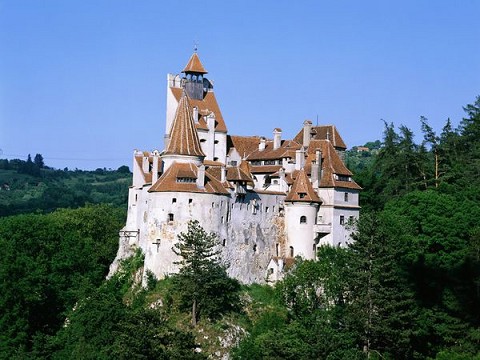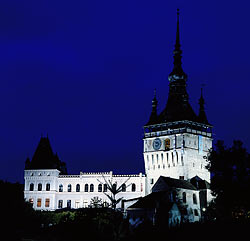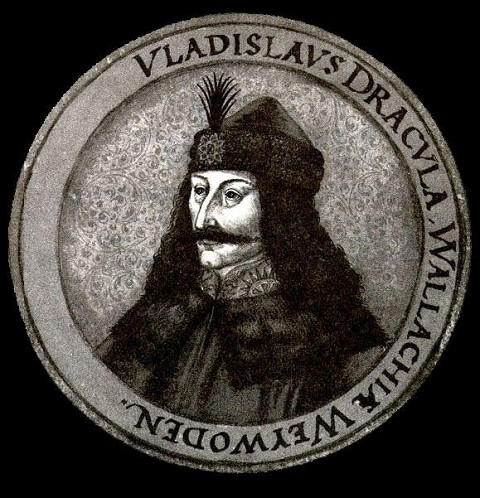“Gypsy” This nickname has been given to me by several friends in the last couple years, due to my seemingly nomadic lifestyle. Yes, the Gypsies, or Roma as they prefer to be called, are very nomadic, BUT there’s so much more to this group of people. Upon hearing that my team will be working and living with Romanian Gypsies during our third stop, I decided to learn all I could about these colorful people.
The Roma distinguish themselves by the names of their tribes:
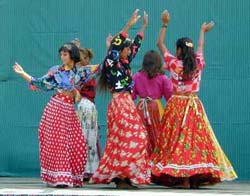 Lăutari = musicians and dancers
Lăutari = musicians and dancers
Căldărari (Kalderash) = Tin and coppersmiths
Argintari = Jewellers
Fierari = Blacksmiths
Zlateri = gold panners
Ghurara = sieve makers
Lovar = horse dealers
Their history is rather bleak; hope is not something they have been familiar with. Over 150 years ago, the Roma were first enslaved. During World War 2, the Nazis killed about 500,000; another 500,000 were “displaced and dispossessed” – their identity documents destroyed. This abandoned people group – orphans in their homeland – are scattered all over Europe, where they have been the subject of hatred and prejudice for the last several decades. They are known as nomads; called “undesirables”; accused of being thieves, spies, and dirty, uncivilized troublemakers.
To not know your history, and not see a future for you and your children, how could you have any hope for the present? Or any reason to leave behind the degrading tags you have been branded with, in order to strive for a better you; a better community; and better tomorrow. Thankfully, many ministries and people have stepped up to provide the Roma with reasons to hope, teaching them to become self-sufficient, providing for their needs, showing them love – something they may have never known before outside of their clan, and most importantly, giving them the good news about Jesus Christ and His love and purpose for them!
“Though strangers in their homeland and forgotten by
society,
the gypsies are a strong and vibrant people
who embrace the
light of Christ in an inspirational way.”
~ Adventures in Missions
Romania is our third country on the World Race. During this month we will be joining ministries to teach English, lead sports camps, and get to know the Roma first hand, as we share God’s love and joy with them. I can’t wait!
To read about other World Racers’ experiences in Romania, and see some beautiful pictures, click on this blog:
Other facts about Romania
There are 3 Regions divided by 2 mountain ranges:
Moldavia
Transylvania
Wallachia
Capital ~ Bucharest
Languages ~ Romanian, Hungarian, and German
Religions ~ Eastern Orthodox, Protestant, and Catholic
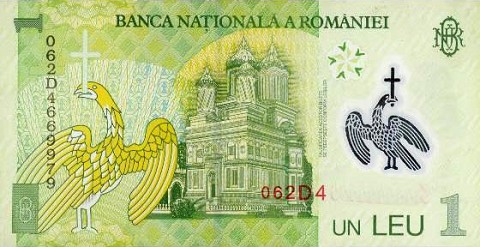
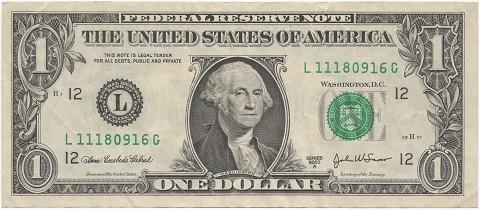
Currency ~ Leu
1 USD = 2.9 Leu
“Nihil Sine Deo” is a Romanian Slogan meaning “Nothing without God”
Brief Romanian History: After 42 years under communist rule, a revolution broke out.
The government remained unstable in the coming years.
In 2004 Romania joined NATO.
Romania became a member of the European Union in 2007.
Dracula’s Castle!!!
Now known as Bran Castle, this Romanian National Monument is located on
the border between Transylvania and Wallachia. Vlad Dracula, nicknamed both Vlad Tepes and Vlad the Impaler (who was used as inspiration for the legendary Count Dracula stories), is said to have ruled in Wallachia during the 1400s,
using this
castle during his raids into Transylvania.
Vlad’s house
 Lăutari = musicians and dancers
Lăutari = musicians and dancers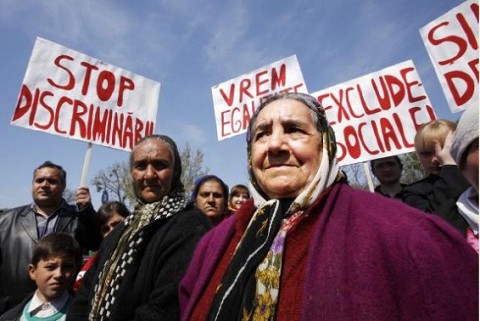
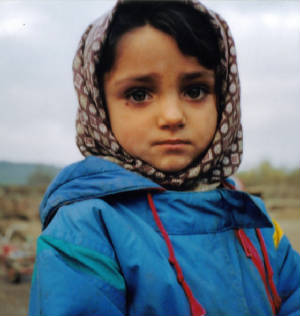
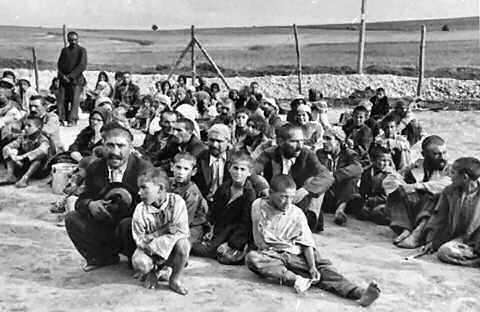
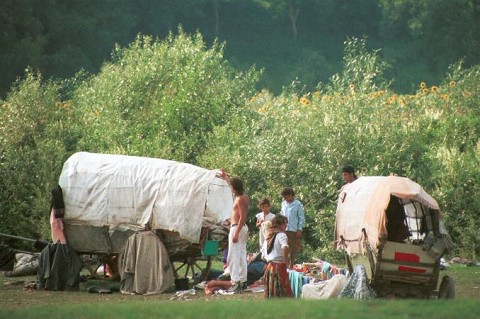
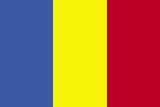
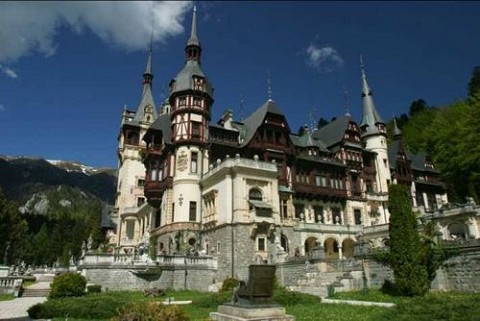
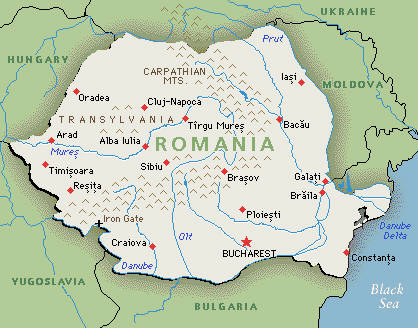
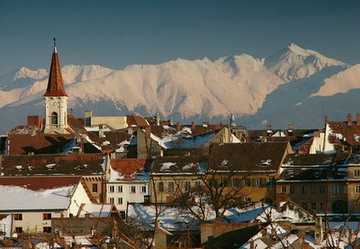

 Currency ~ Leu
Currency ~ Leu
